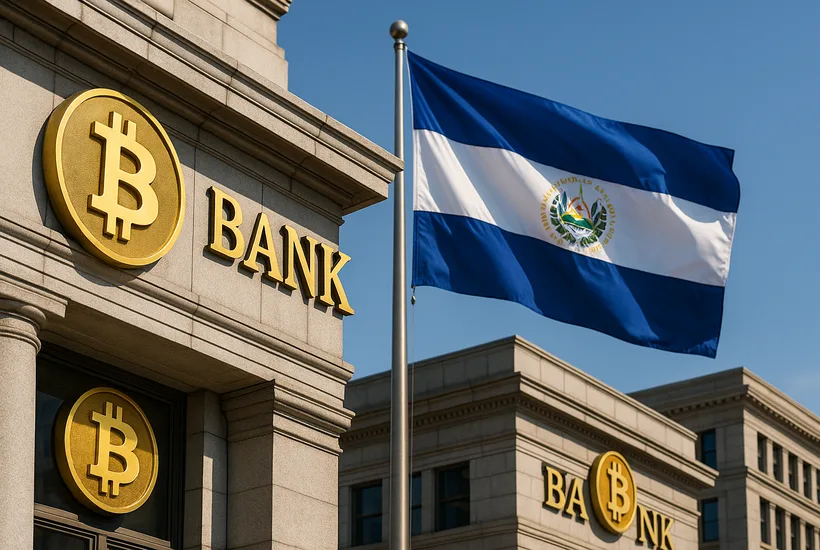In a striking tweet, El Salvador’s official Bitcoin Office announced that “Bitcoin banks are coming soon to Bitcoin country,” fueling speculation that the nation will soon support banking institutions tailored to digital assets.
This announcement aligns with a broader, evolving strategy followed by El Salvador. The government previously proposed creating a Bank for Private Investment (BPI). This was meant to be a flexible institution enabling both dollar and BTC-denominated services, with fewer conventional restrictions on international transactions and loan origination. Though not yet approved by legislators, the BPI reflects the ambition to formalize crypto within El Salvador’s banking framework.
As for El Salvador’s Bitcoin reserve, the Central American country holds around 6,000 BTC, valued at roughly $600 million, maintaining and even expanding its holdings despite IMF pressure. In fact, they have been buying 1 BTC every day and have been doing so for 994 days.
But, the nation’s Bitcoin experiment has courted significant controversy. In December 2024, El Salvador struck a $1.4 billion deal with the IMF, agreeing to make business acceptance of Bitcoin voluntary. They even prohibited the use of BTC for tax payments and phased out the state-run Chivo wallet, in a sharp retreat from its earlier crypto-forward posture. Despite these concessions, the Bitcoin Office continues to purchase BTC, signaling resilience despite IMF-imposed limits.
El Salvador became the first country in the world to use bitcoin as legal tender, back in 2021. But adoption remains low. In March 2025, The Economist wrote that El Salvador’s bitcoin experiment had been a failure, bringing more costs than benefits to its economy.



